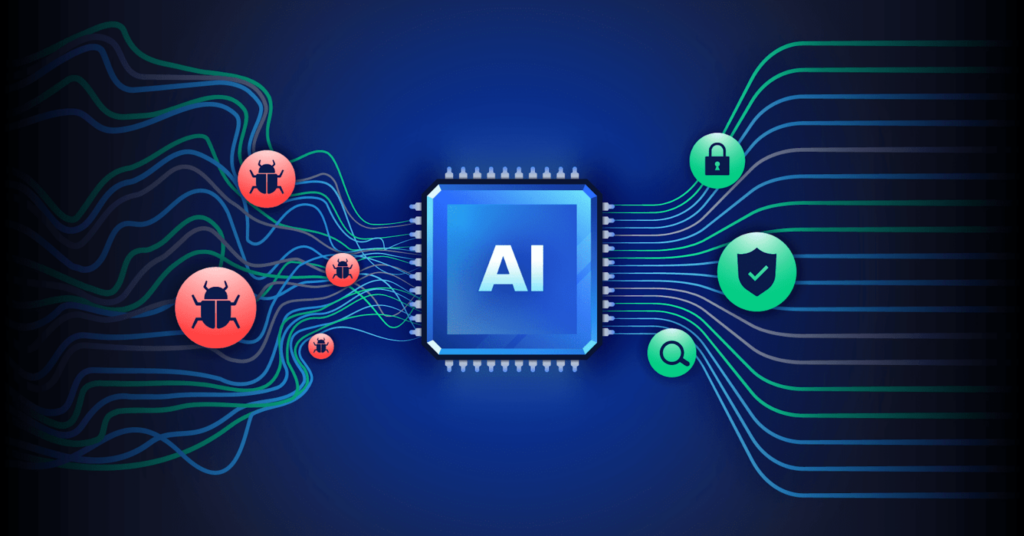Google has introduced a new development policy requiring its software engineers to rely exclusively on internal AI models for coding tasks. The move reflects CEO Sundar Pichai’s broader strategy to tighten control over Google’s AI ecosystem while accelerating innovation across its products and platforms.
A Strategic Move
The policy marks a departure from the trend of developers using external AI coding assistants, including GitHub Copilot and OpenAI tools. By mandating in-house models, Google aims to safeguard intellectual property while showcasing the capabilities of its proprietary AI stack. One analyst noted, “Google wants to both protect its code and prove the capabilities of its AI stack at scale.”
AI-Driven Development
The initiative aligns with Pichai’s vision of AI-first engineering. Tools like Gemini Code Assist and other internal models are helping engineers boost productivity, automate repetitive tasks, reduce bugs, and shorten release cycles. Early reports indicate developers are seeing tangible efficiency gains and smoother debugging using Google’s internal AI systems.
Balancing Innovation and Security
By focusing on proprietary models, Google also addresses data security and compliance concerns. External AI models often operate as black boxes, increasing the risk of exposing sensitive information. Consolidating development within Google’s infrastructure creates a controlled environment to protect code while refining AI capabilities.
Industry Implications
The directive highlights competitive dynamics in the AI race. With Microsoft integrating OpenAI tools into its developer products, Google’s self-reliant approach positions it as a rival force. Analysts suggest this strategy may inspire other tech giants to adopt similar in-house AI mandates, potentially fragmenting the AI ecosystem across enterprises.
Looking Ahead
For Google’s 30,000+ engineers, transitioning to exclusive internal tools may take time, particularly for those accustomed to open-source or third-party platforms. However, if successful, the policy could establish a blueprint for how large companies integrate AI into the software development lifecycle. Pichai’s mandate signals that Google’s innovation strategy prioritizes both self-reliance and rapid advancement in AI-powered development.

